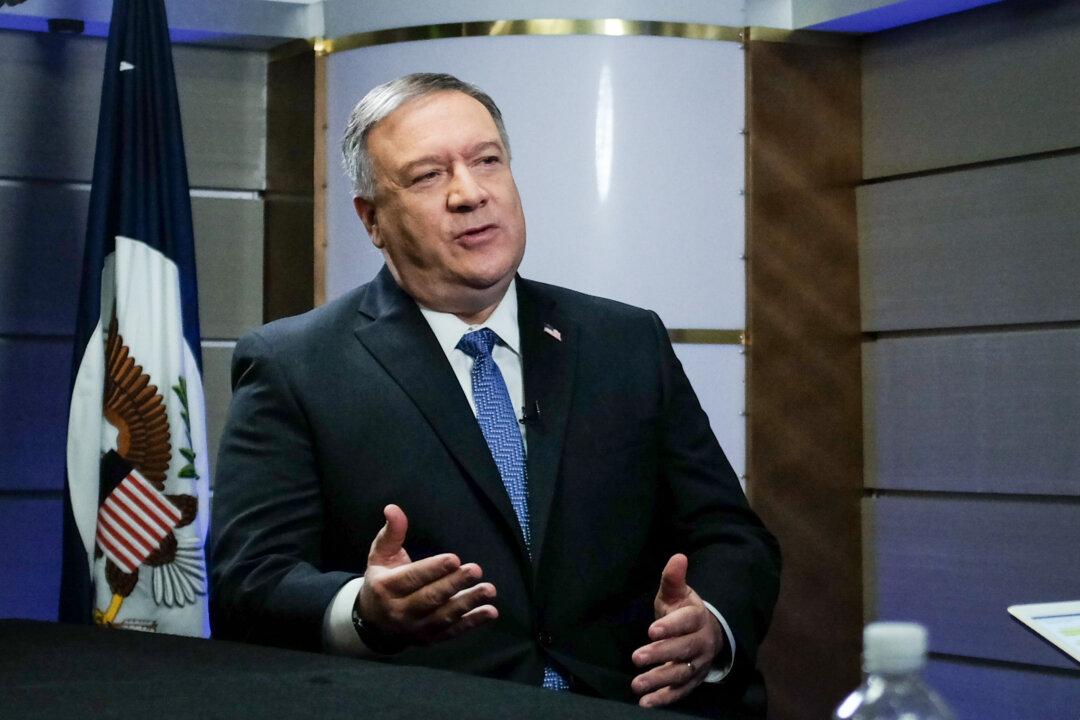Former Secretary of State Mike Pompeo said failing to prevent the Chinese Communist Party (CCP) from dismantling Hong Kong’s freedom was one of his “greatest failures” during his tenure under the Trump administration.
Speaking at the International Religious Freedom Summit in Tokyo on July 22, Mr. Pompeo acknowledged his regrets about Hong Kong, saying that the West could have done better to preserve the city’s freedom.




